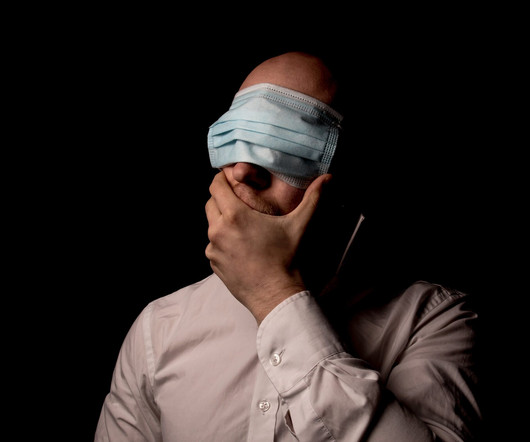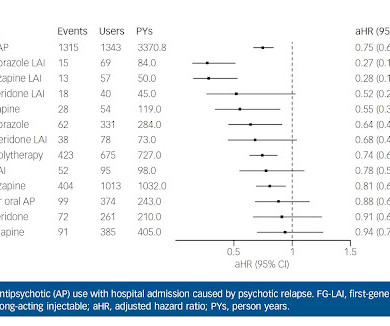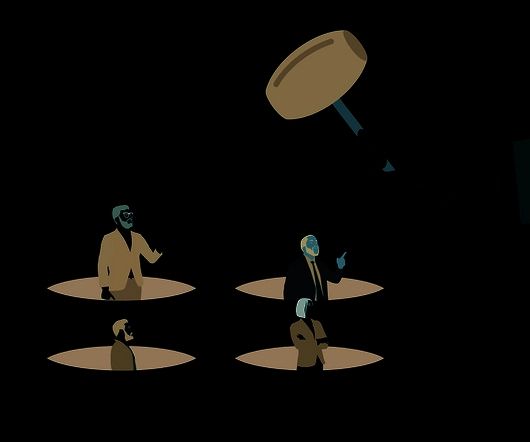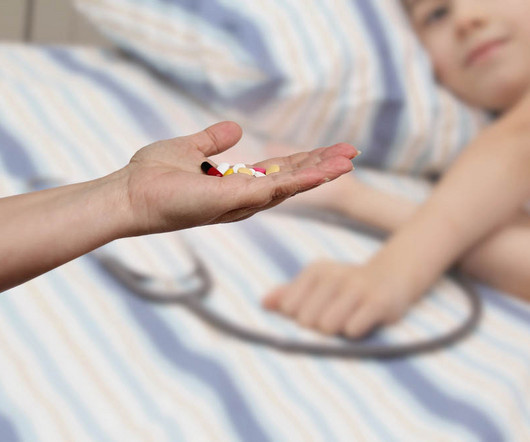Summing up the STAR*D Scandal: The Public was Betrayed, Millions were Harmed, and the Mainstream Media Failed Us All
Mad in America
JANUARY 4, 2025
In 2006, the American Journal of Psychiatry (AJP) published four reports on STAR*D outcomes. Without these imaginary remissions, the reported remission rate in the November 2006 paper would have been around 50%. Nearly 70% of real-world patients could expect to become symptom free with this use of antidepressants.
















Let's personalize your content